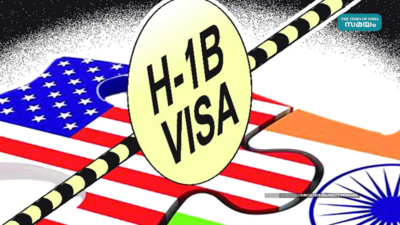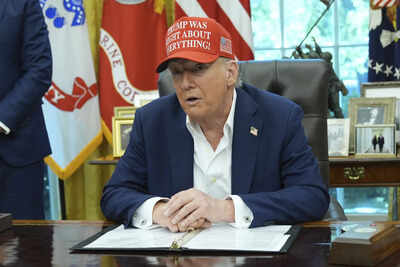Fake NRI admissions racket in medical education: The new red lines on who is and who isn’t a guardian

The fake NRI-quota admissions racket laid bare by enforcement agencies recently has revealed how “sponsors” and “guardians” were manufactured to buy medical seats, turning loopholes into a thriving shadow market. According to a TNN report, the Enforcement Directorate (ED), aided by the Ministry of External Affairs (MEA) and Indian missions abroad, has uncovered that nearly 18,000 MBBS and PG seats in private medical colleges across West Bengal and Odisha were secured through forged NRI certificates, counterfeit US notary stamps, and fabricated family trees—with agents and college promoters colluding to generate huge illicit proceeds. Here is a look at the tightened NRI admissions guidelines—who qualifies as a bona fide sponsor or guardian, who doesn’t, and why these distinctions now matter more than ever.
Who can sponsor under the NRI quota
To begin with, an applicant must be an Indian national holding a valid Indian passport and must have completed more than 182 days of stay in their country of residence to obtain an NRI certificate. Only then do the following categories qualify for NRI-quota educational benefits:
- NRIs themselves.
- Children of NRIs.
- Wards of NRIs—but only if the ward is a minor under the NRI’s
bona fide guardianship . Evidence of guardianship must be produced before the Indian Mission/Post; merely “looking after” a student does not make someone a guardian. An affidavit to this effect must be filed with the Mission/Post.
This is the fulcrum of the system: The only third-party sponsor allowed is an NRI who is the legal, bona fide guardian of a minor. Anything looser will fail scrutiny.
Who is not a guardian (no matter how close the family)
The guidelines shut the door on precisely those family relationships that agents had exploited to secure MBBS and PG admissions for aspirants. The following are explicitly excluded as “bona fide guardians” for NRI-quota admissions—even if they are NRIs and reside abroad:
- Real brother or sister of the student (first-degree relatives other than parents).
- Uncle and aunt on the father’s side.
- Maternal uncle and maternal aunt on the mother’s side.
- Grandparents on either side.
- First-degree maternal or paternal cousins.
Translation: Extended family sponsorship is out. If an agent is pitching “your Dubai-based uncle can sponsor,” that is non-compliant by definition.
The one-year clock on certificates
Another guardrail that kills document recycling: Every NRI Certificate issued by an Indian Mission/Post is valid for one year only, and renewal needs proof of continued stay abroad, subject to other conditions being met. This applies to the parent/candidate whose NRI status is being used.For Overseas Citizen of India (OCI)/Person of Indian Origin (PIO) cases, Missions may issue similar certificates for educational benefits, explicitly noting OCI status; passport number and “period of stay” may be omitted because they are irrelevant to OCIs/PIOs.
Paperwork that will be checked—physically
The Medical Counselling Committee (MCC) has spelled out what must be on the table for NRI-seat choice and what happens next:
- NEET scorecard.
- Self-attested declaration that the candidate is NRI/OCI/PIO or a child of NRI parents (format provided).
- OCI/PIO card, if applicable.
- Embassy-issued NRI Certificate of the parent or candidate.
Crucially, original documents of all candidates will be checked at the allotted college at the time of reporting.
The declaration warns that if any information is false or frivolous, the seat will be cancelled and the candidate will face punitive/legal action.
Why these red lines matter
The ED’s casework shows the exact weak points exploited by the agent–college nexus: Rented sponsors, photocopied family trees, affidavits notarised without the supposed NRI even being in India, and the same sponsor pack recycled across candidates. The new rules answer each tactic: Tight definition of guardianship, family-relationship exclusions, embassy-fronted certification, and one-year validity to stop document laundering.Check the complete guidelines here





